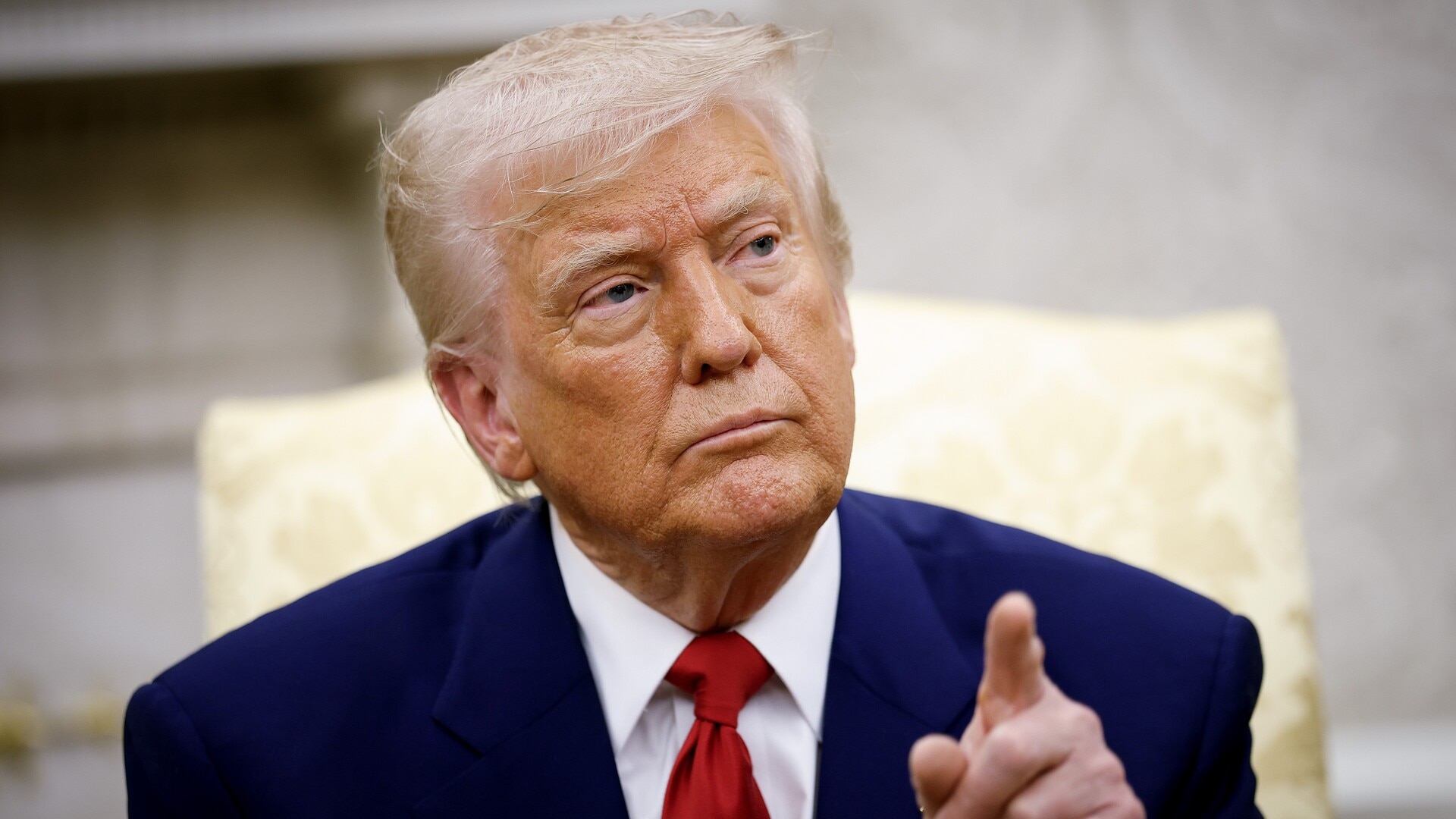
Donald Trump has backed down from his own negotiating ledge, and Wall Street forgave everything by throwing the biggest party since the global financial crisis.
The wild ride on equities since last week’s Liberation Day has been as exhilarating as it has been scary, however it's not over yet – by a long shot.
The 90-day window Trump has declared for a pause on so-called reciprocal tariffs is welcome. It gives markets a chance to trade beyond the vacuum of the past week. Importantly, the immediate shock to both the US economy from inflation and the hit to global economy now won’t be as severe.
Still, there are two big risks ahead. There’s a bitter trade war showing few signs of cooling between the economic superpowers of the US and China. A 125 per cent tariff on China and Beijing’s refusal to back down will ripple through the global economy and commodity markets.
Secondly, there will be three months of tariff uncertainty hanging over the rest of the world.
Despite the firm denials among Trump’s entire administration over the week, the tariff ploy was just another bluff.
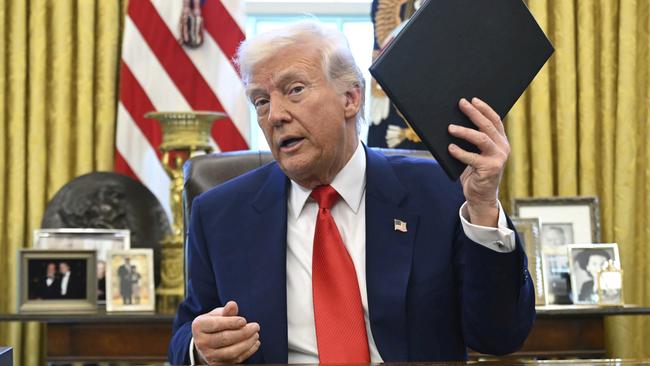
Now’s the time for everyone to step up and make a deal.
Suddenly much of Asia – particularly Vietnam – that had been destined to be big losers under Trump’s initial tariff plan are now winners as for now, they enjoy the same low rate tariff as every one else.
All things being equal, this suggests Australia moves from becoming a relative winner to a relative loser, given we no longer enjoy a comparative advantage of a “low” 10 per cent tariff. Easy come, easy go, as they say.
Either way for the rest of us, Trump has slammed confidence in global trading systems, and even the promised low rate 10 per cent baseline will stoke inflation hurting the US consumer.
Beyond the broader pause and readjustment, sector-specific tariffs on cars, and key inputs of aluminium and steel remain in place, feeding into US inflation.
Trump still holds the cars of access to the biggest economy in the world so it makes sense to work with him than against him. However his form with Canada and Mexico – the first two targets of his trade war will be scrutinised. There negotiations dragged out, with Trump often shifting demands.
For the Canadians, there is now zero goodwill with its neighbour. Although just like Australia, for Canadian Prime Minister Mark Carney it helps to fan an external threat during an election campaign.
Much like driving a car in the red zone, the week’s extreme volatility in shares – including the 9.5 per cent jump in the Wall Street benchmark S&P 500 following the Trump pause – is not a healthy sign for markets.
Ominously, the last rally of this magnitude was right in the middle of the Global Financial Crisis when the G7 promised a backstop to the entire global financial system. That’s what we’re talking about.
On Thursday, Australia’s S&P/ASX 200 index closed off its highs, but ended 4.5 per cent higher, adding $116bn. This is its biggest jump since the early days of the Covid pandemic.
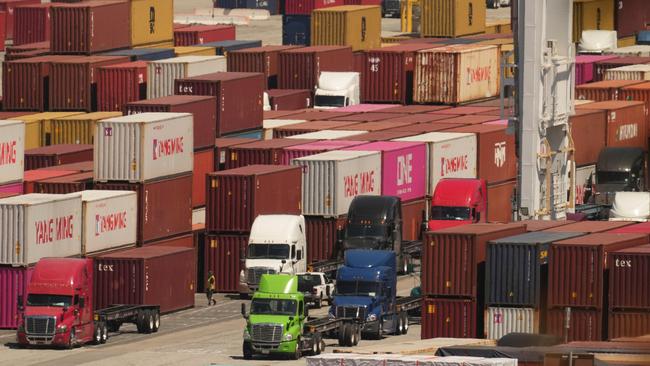
Shares are trading not on fundamentals, rather they’re changing hands on fear, hope and uncertainty. That is not the type of environment businesses want to make investment decisions in, and it ultimately these swings that undermine consumer and business confidence.
‘Own goal’
Influential billionaire investor and Oaktree chairman Howard Marks was among the Wall Street figures to gradually but forcefully push back against Trump.
Marks described the tariff plan as an “own goal”.
“In this way, they’re (tariffs) highly analogous to Brexit, and we know how that turned out,” Marks wrote in a memo sent to clients amid the market turmoil.
“Brexit cost the British mightily in terms of GDP, morale, and alliances, and it harmed their reputation for governance and stability. All of this damage was self-inflicted,” Marks says.
He points out the speed of change, just a few months ago, the US economy was performing well, the outlook was positive, the stockmarket was at an all-time high, and there was much talk about American exceptionalism. Now the story has moved to extensive dislocation and the threat of a recession if the tariffs are put into effect.
The Oaktree boss says even with a pause it pays to prepare for continued uncertainty.
“Given Trump’s tactical focus, it’s important to bear in mind that absolutely everything is subject to change. It shouldn’t surprise anyone if he extracts concessions and declares victory … or if he responds to other countries’ retaliation by escalating further,” he says.
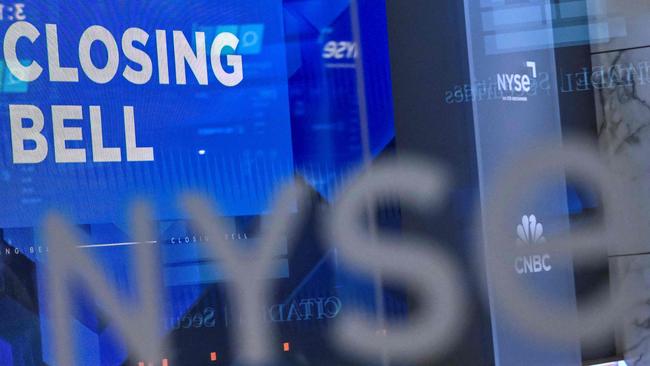
“If anyone thinks they know what a given tariff rate will be three months from now, I’ll bet good money they’re wrong – even without knowing what they think the answer is,” he says.
Still Marks gave some credit to Trump’s overarching goal using tariffs to help domestic manufacturing, improve supply chain security and narrow the trade deficits. But in this case some of the benefits were “probably beyond reach”.
“The problem is that in the real world, and especially in economics, there are second- and third-order consequences that must be considered.”
For Trump too, the negative ramifications from tariffs would be felt almost immediately, while any gains are likely to come only in the long run, following years of adjustment.
As The Australian cautioned earlier this week, the real power in the global financial system sits in bond markets. And Wednesday’s extraordinary session of a sell-off in US bonds sent warning signs of not just a stagflationary recession looming but something deeper – a depression.
China is the biggest lender to the United States as it seeks to plug its trillion dollar budget gap, and it really holds the cards in influencing borrowing costs and currencies.
Trump showed he was prepared to withstand the pain on Wall Street, but even he realised you mess with bond markets at your own peril.
“I thought that people were jumping a little bit out of line. They were getting yippy,” Trump said of his decision to pause. That followed warnings signs that people were dumping US bonds.
Trump reportedly took heed from an interview with JP Morgan boss Jamie Dimon on Fox Business who said a recession was likely from the tariffs.
Like Marks, Dimon also defended the concept of tariffs to improve the US trade position.
US consumers on Wednesday were also just waking up to higher prices and the reality they were the leverage that Trump was planning to use all along in securing his trade deals. That’s where Trump’s grand tariff plan would always come unstuck.



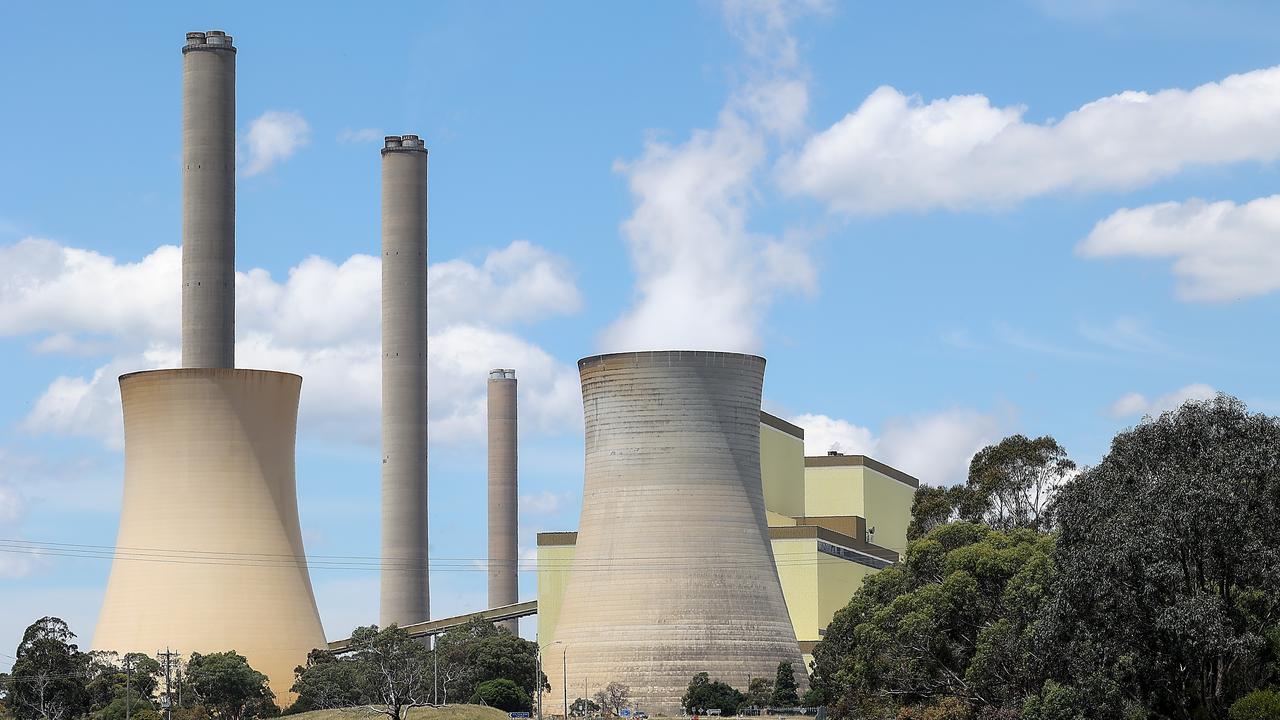
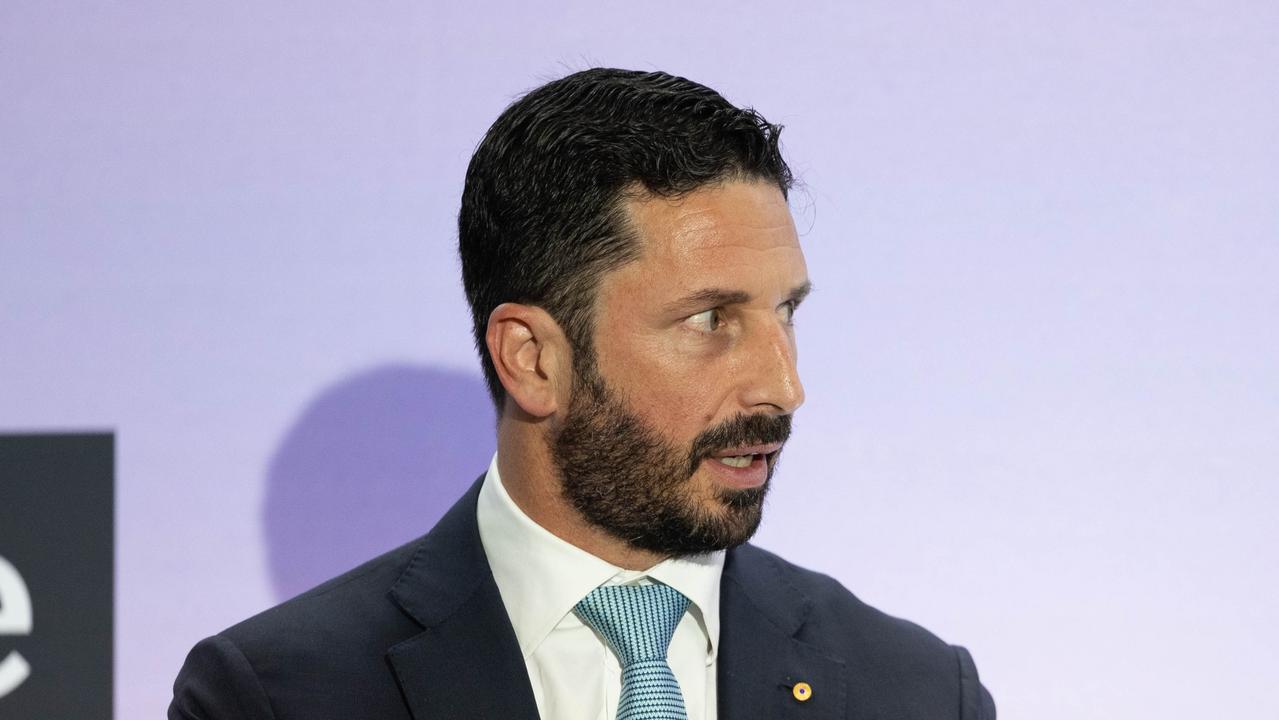
First the capitulation, now comes the uncertainty.